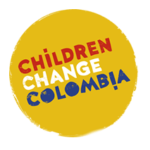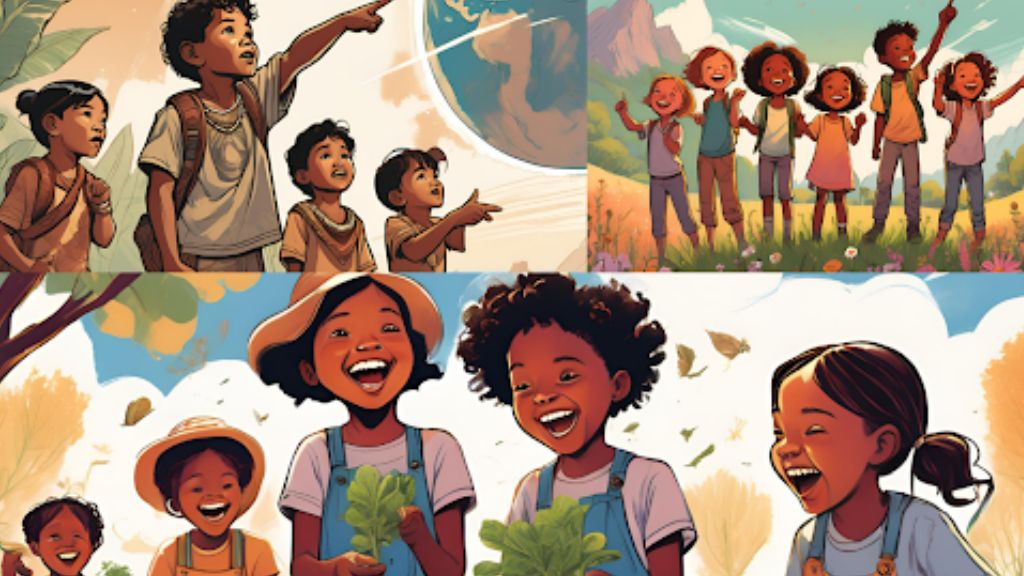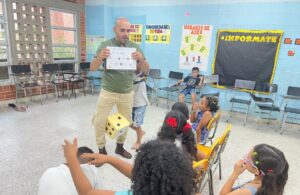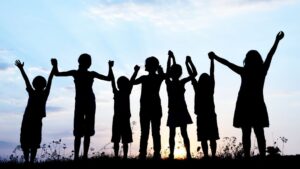Imagine that you wake up one morning and the air you breathe is thick, the heat is stifling, and the little nature that used to surround you has disappeared. Now imagine that it is not a dream, but a real possibility for millions of children.as and childthes all over the world. Climate change is no longer a distant threat; It is a crisis that is affecting our present and that, if we do not do something, could destroy our future. But what can we do? Do we have the right to demand a habitable planet? And most importantly: how can we be part of the solution?
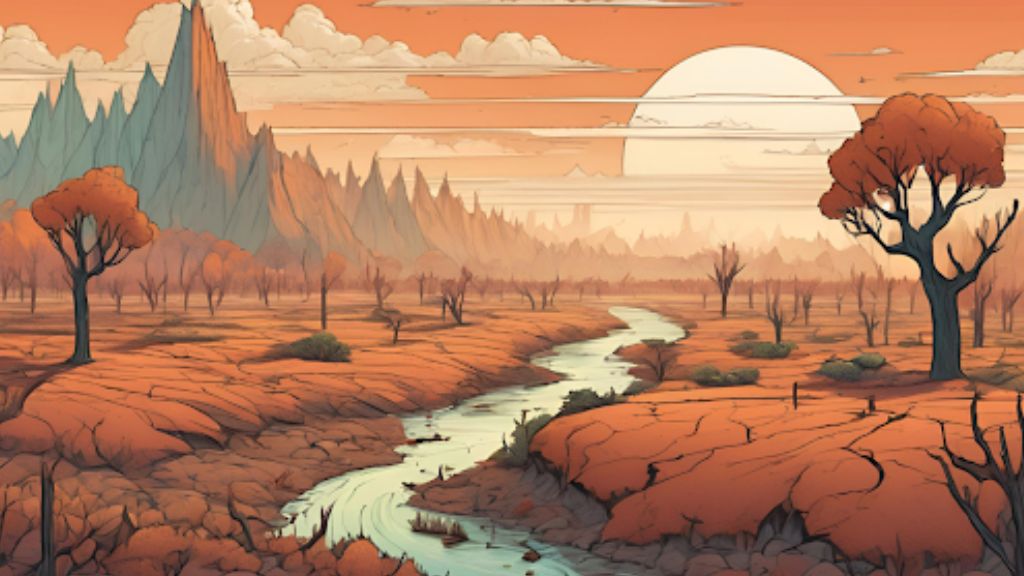
The right to a healthy environment: It is not a favor, it is an obligation
When we talk about rights, we usually think about education, health or protection. But have you ever thought about the right to a healthy environment? The UN Convention on the Rights of the Child establishes that all boys and girls have the right to grow up in a healthy environment. However, day after day this right is violated by pollution, deforestation and climate change. It is not about a whim or an ecological fashion, but about our survival.
Children did not create this crisis, but they are the ones who will suffer the most from its consequences if adults do not act responsibly. In fact, climate change is already affecting the health, food security and education of millions of children around the world. Extreme heat waves, flooding and lack of access to clean water are putting the lives of many at risk. In some countries, the climate crisis is forcing entire families to move because their homes have been destroyed by hurricanes or endless droughts. How is it possible that decisions continue to be made without thinking about the future of childhood?
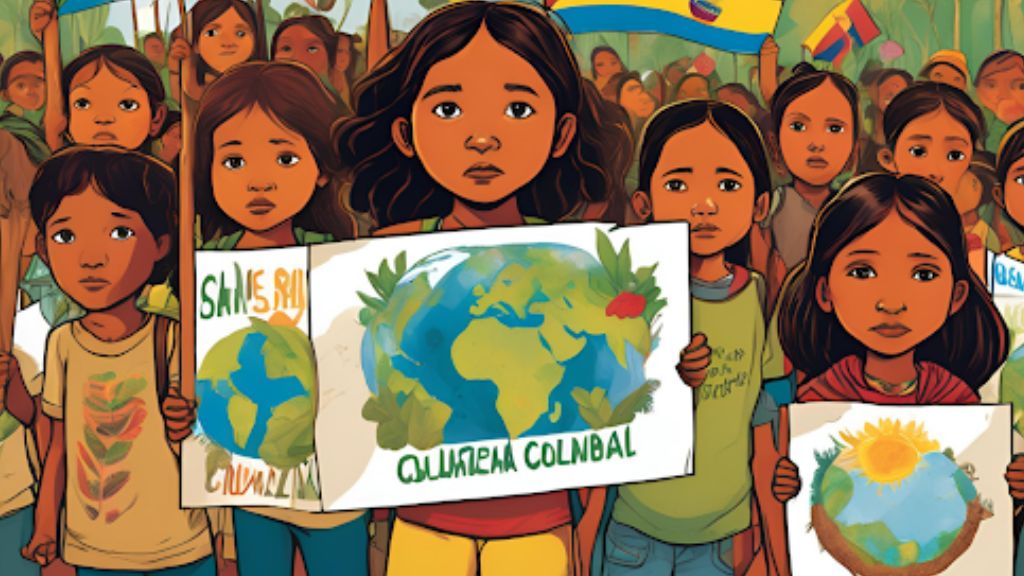
Climate change: Much more than a trend on social networks
Nowadays, talking about climate change seems to be a trend on social networks. There are viral videos of people planting trees, doing ecological challenges and using “sustainable” products. But have you ever wondered if all this really helps or is it just a way to gain followers?
The danger of treating the climate crisis as a simple trend is that its true meaning is lost. Taking care of the planet is not just about looking good on social networks; It is a human responsibility that should be part of our daily lives. It is not enough to share a post with a nice message if in real life we continue consuming single-use plastics, wasting water or ignoring the importance of recycling.
If we truly want to protect our right to a safe future, we have to make decisions that matter: reduce unnecessary consumption, demand change from our rulers, and educate ourselves about the climate crisis so we are not fooled by superficial campaigns. True climate action happens when we understand that every small effort adds up and that our voice can create meaningful change.
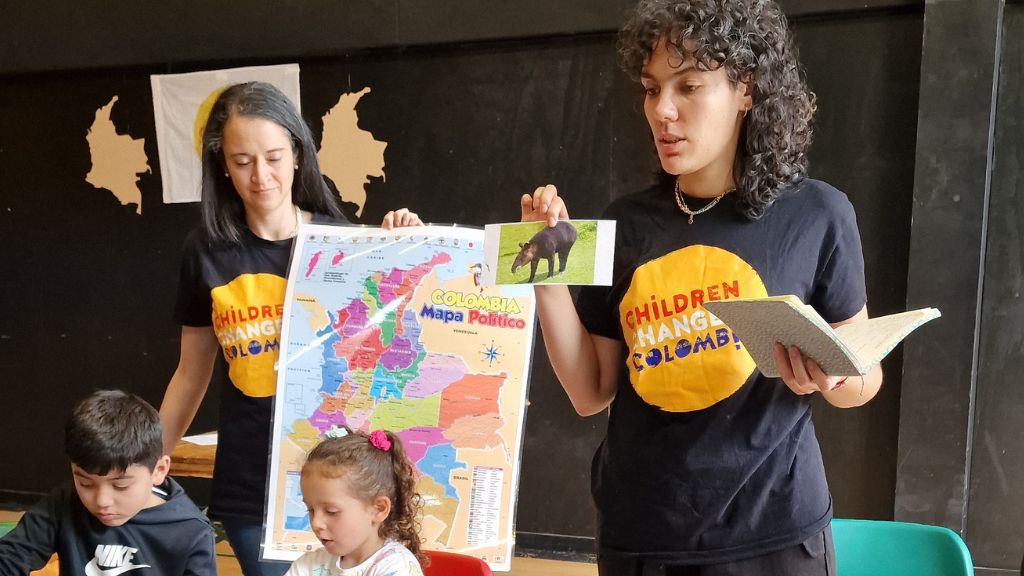
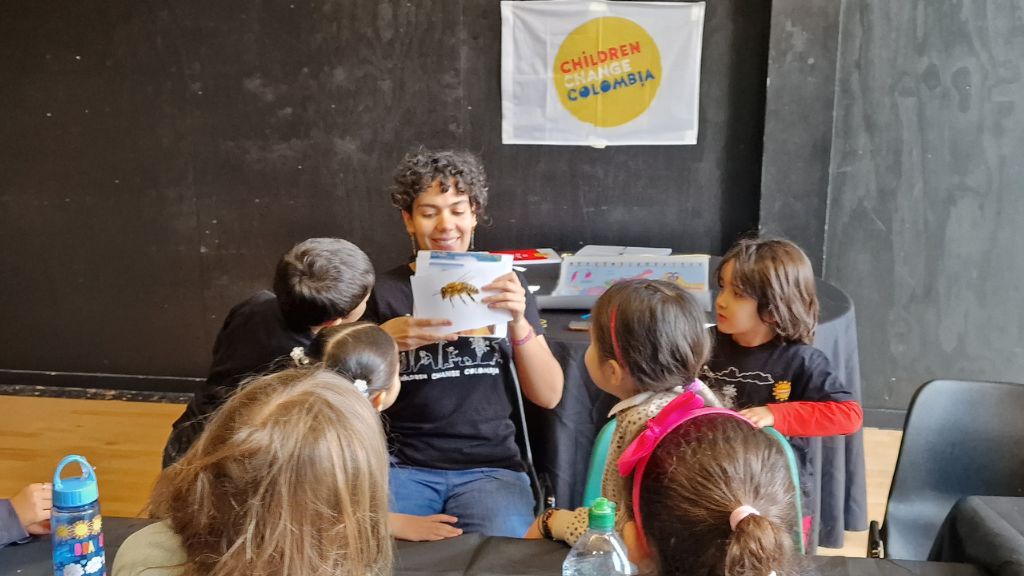
Colombia Colores workshops in London teaching children about the environment in Colombia.
Girls and boys can be leaders of change
Throughout history, boys, girls, and adolescents have shown that they have the power to change the world. Malala Yousafzai fought for girls’ education; Greta Thunberg put the climate crisis at the center of the global debate; and thousands of young people around the world are raising their voices to demand environmental justice. You can also be part of this green revolution!
A great example is Francisco Javier Vera Manzanares, a Colombian activist who fights for environmental protection and human rights. From the age of 9, he began to become aware of the situation in the Amazon and in 2019 he founded the Guardians for Life movement, promoting climate justice and environmental education. His work has been recognized internationally: in 2021 he was appointed Goodwill Ambassador of the European Union in Colombia, in 2022 he became a Children’s Advisor to the UN Committee on the Rights of the Child, and in 2023 he was named Young Advocate for Climate Action of Unicef. He has fought for the ban on single-use plastic, participated in the UN Climate Summits and published books such as “Ask Francisco: What is climate change?”
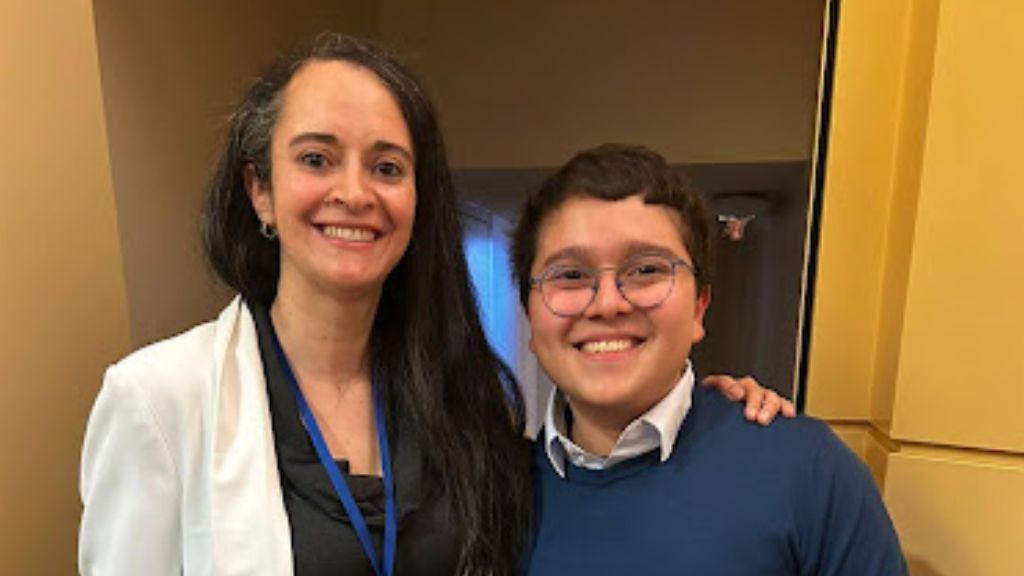
This type of leadership shows that age is not a barrier to making a difference. You don’t need to be an expert or have great resources to help. You can start with small changes at home, such as reducing plastic consumption, recycling correctly and saving water. You can also participate in awareness-raising activities at school or in the community, talk to family and friends about the importance of environmental care, and demand stricter measures to protect nature.
You can also start with simple things, like:
- Reduce plastic consumption and recycle.
- Save energy and water at home.
- Learn about climate change and share it with your friends.
- Write letters or petitions to your rulers to take real action.
- Support reforestation and conservation projects in your community.
- Participate in awareness campaigns about the climate crisis.
- Create school or community groups to discuss the environment.
Our future is at stake
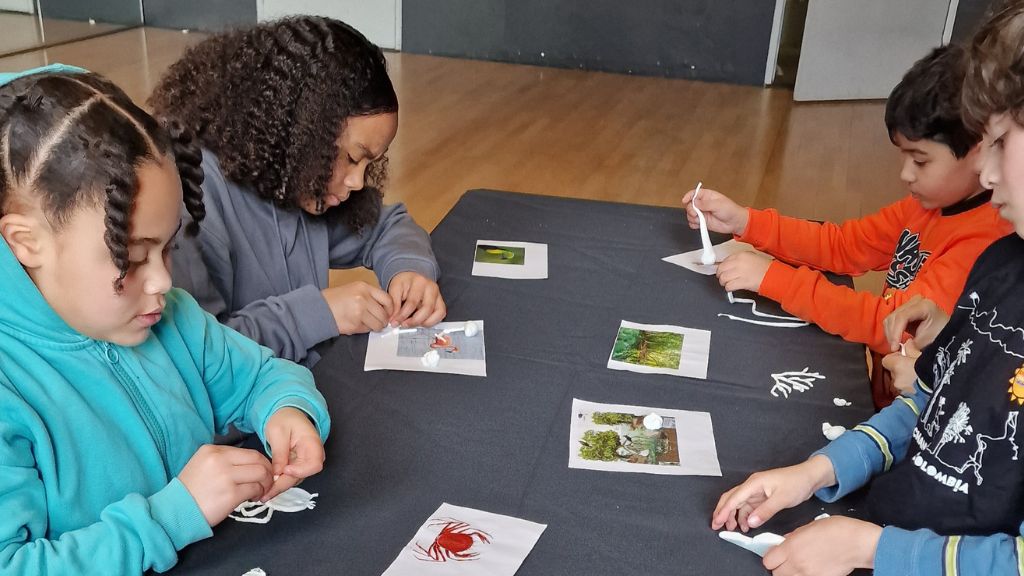
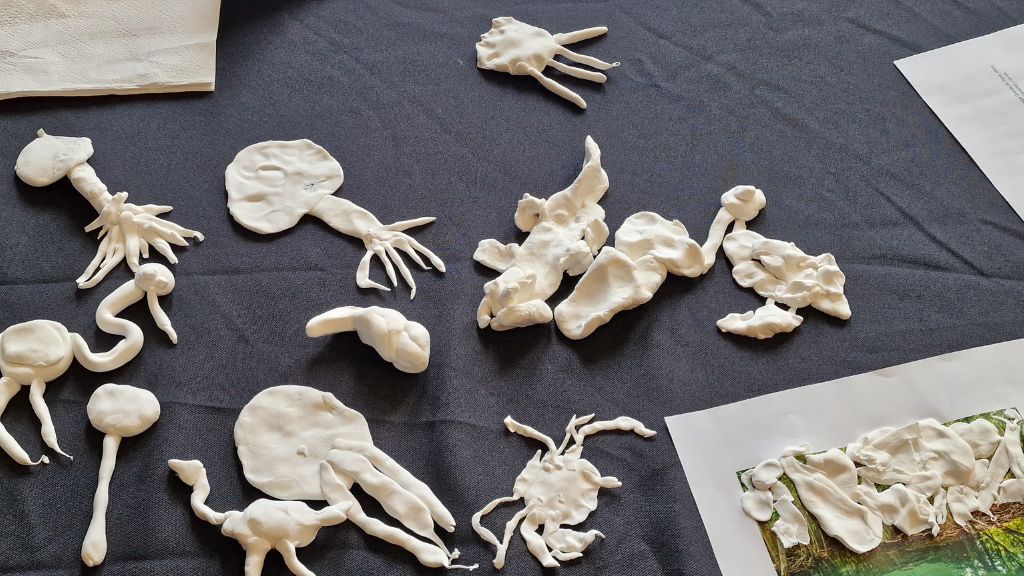
Colombia Colores workshops in London teaching children about the environment in Colombia.
Climate change is not a problem of the future, it is a problem of the present. If we do not demand our right to a healthy environment today, it could be too late tomorrow. We don’t need to wait until we are adults to act; Every action counts, every voice matters.
If youth leaders like Francisco Vera and Greta Thunberg have taught us anything, it is that the world changes when people decide not to remain silent. Each of us has the power to be part of the solution, to defend the planet and to ensure that future generations have a safe place to grow up.
You have the power to make a difference. Don’t let others decide your future for you. It’s time to defend our right to a habitable planet!
The change starts with you, are you ready?
Written by : Juan Pablo Manjarres Varón – Teacher, Law student, and Certified Teaching Professional. Columnist and volunteer at Children Change Colombia, committed to the rights of children and adolescents and to strengthening education.
This blog post is a guest contribution. The views, thoughts, and opinions expressed in this article are those of the author and do not necessarily reflect the official position or policies of Children Change Colombia.
